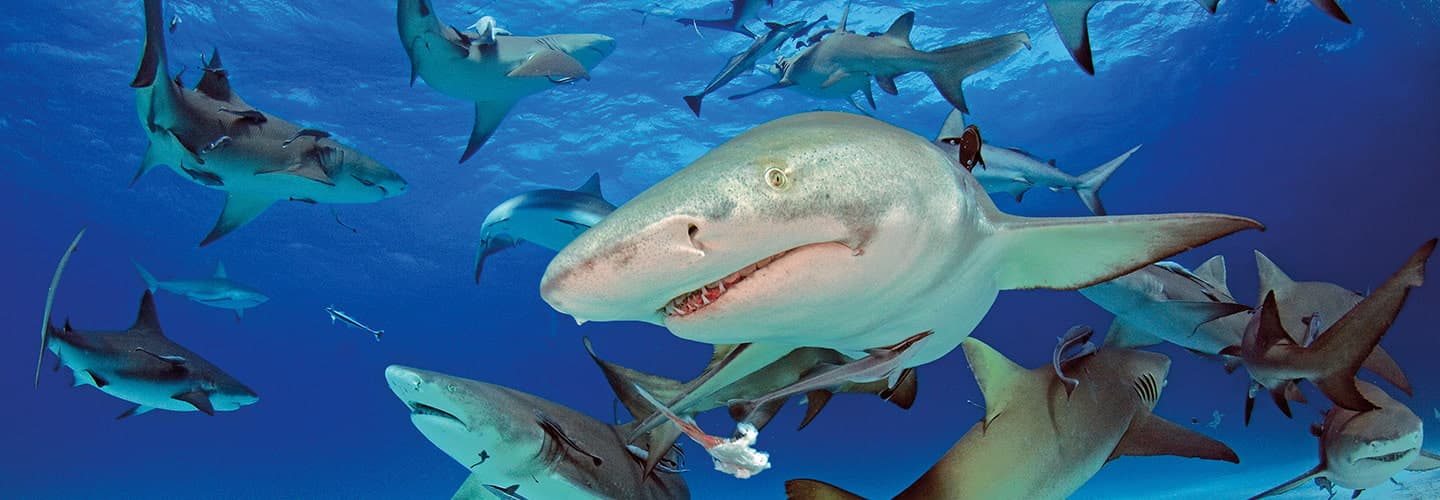Catherine Macdonald will never forget the first time she saw a shark. She was about 8 years old and at a beach in South Carolina. A fisherman had caught a small bonnethead shark and brought it onto shore. The adults on the beach seemed worried that a shark had been in the water so close by.
“I’m looking at this sad little shark, gasping for air,” recalls Macdonald. She’s now a shark scientist at the University of Miami in Florida. “And I thought, I don’t think that we’re the ones in danger here.”
Bonnetheads, like most types of sharks, are no threat to humans. Still, to many people, these ocean predators have a reputation as man-eaters. In reality, sharks have more to fear from us than we do from them. Many scientists say one key to protecting sharks is to educate people about them and their importance to the ocean.
Catherine Macdonald will never forget the first time she saw a shark. She was about 8 years old. She was at a beach in South Carolina. A fisherman had caught a small bonnethead shark. It was brought onto shore. The adults on the beach seemed worried that a shark had been in the water so close by.
“I’m looking at this sad little shark, gasping for air,” recalls Macdonald. She’s now a shark scientist at the University of Miami in Florida. “And I thought, I don’t think that we’re the ones in danger here.”
Bonnetheads are like most types of sharks. They are no threat to humans. Still, to many people, these ocean predators have a reputation as man-eaters. In reality, sharks have more to fear from us than we do from them. Many scientists say one key to protecting sharks is to educate people about them and their importance to the ocean.

